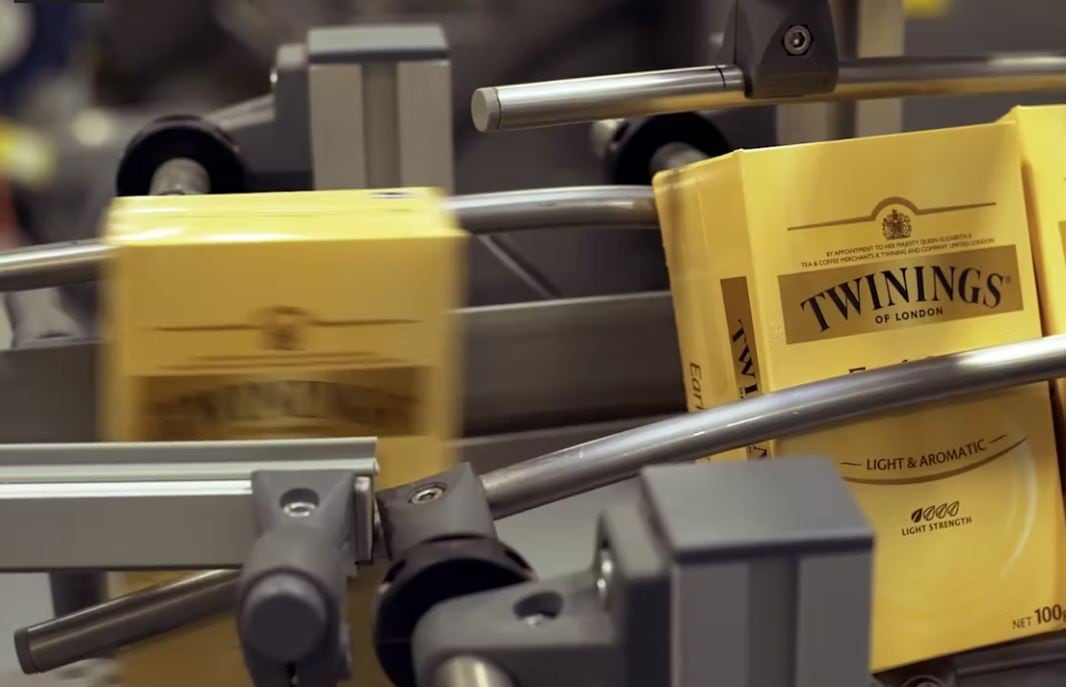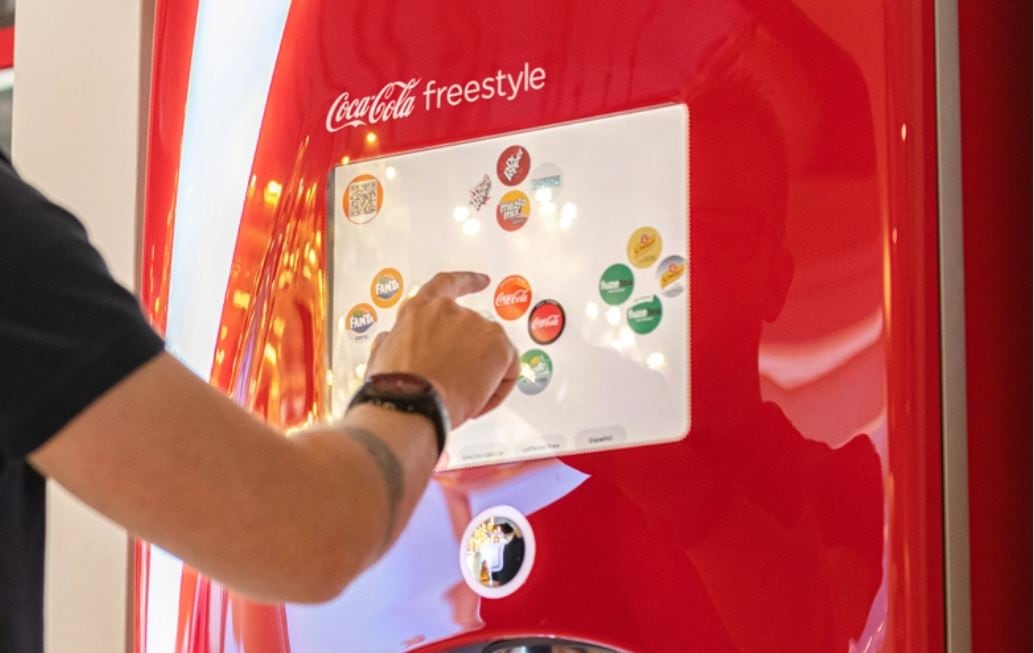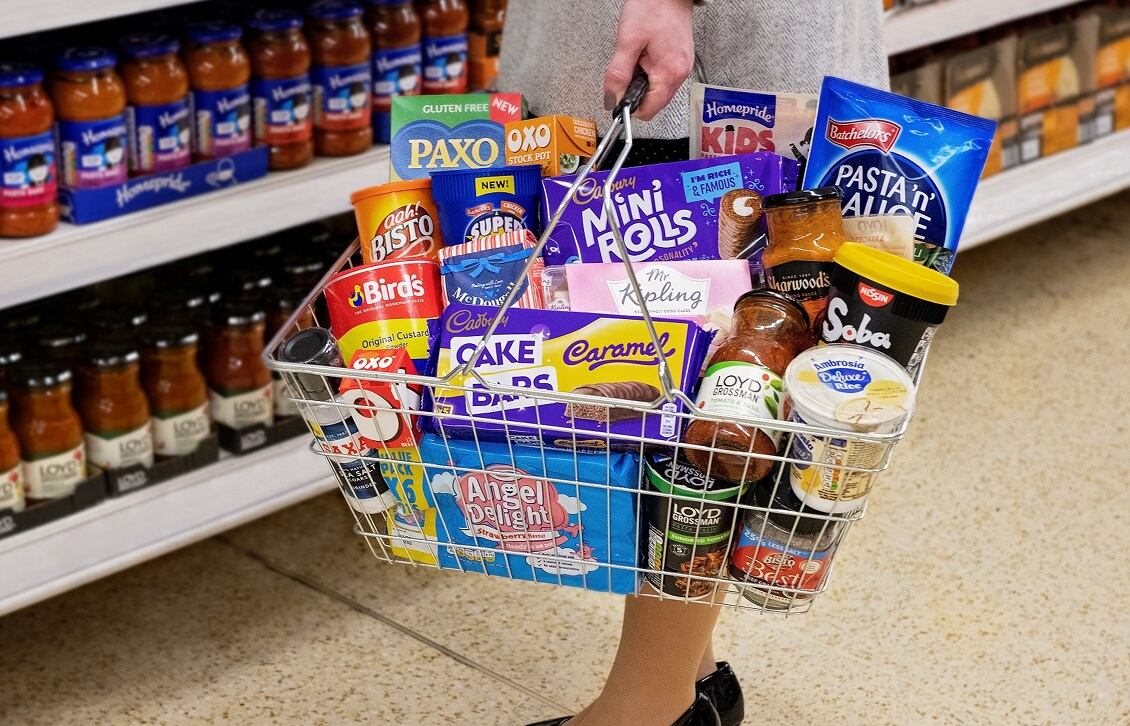In a pre-close period trading update, the company said it expected to report sales and adjusted operating profit to be 'strongly ahead of last year' for its interim results.
Sugar
AB Sugar traded strongly, with revenue expected to be more than 20% ahead of last year, driven by higher domestic volumes in Illovo and Azucarera and higher sugar and bioethanol prices.
"All businesses continued to focus on reducing the cost of sugar production through on-going cost reduction programmes," ABF stated. "These cost savings and the contribution from higher sales more than offset the effects of significant input cost inflation, particularly energy costs, and the start-up costs at our Vivergo bioethanol plant.
"EU sugar prices continued to improve over last year as a consequence of low European sugar stocks and higher world market prices. Although current estimates for EU sugar production in the 2021/22 campaign are slightly higher than the prior year, with a recovery in yields to more normal levels, EU pricing is supported by higher world sugar prices. Our UK and Spanish businesses have largely contracted sales for the year at much improved prices compared to last year."
Sugar production for 2021-2022 was expected to be ahead of the previous production cycle. "Despite beet logistics issues delaying the start-up of the campaign and affecting throughput levels, the factories have performed well." While 'substantial forward cover largely mitigated the margin impact of this during the first half', ABF expected costs to hit profit margins in the second half of its current financial year.
The high price of electricity it produced and sold on to the grid and revenue generated from bioethanol produced as a byproduct of sugar production had benefitted the business.
Ingredients
ABF expected revenue in its ingredients division in the interim period to be 10% ahead of last year, driven by volume recovery in a number of speciality ingredients businesses.
"Cost efficiencies have partially offset the impact of the significant cost inflation but margins at the half year will be lower than at the same time last year with a later phasing of planned price actions," it reported.
"AB Mauri revenues were ahead of the same period last year, but the growth was reduced by lower demand for retail yeast and bakery ingredients compared to last year when COVID-19 restrictions were driving the popularity of home baking. The businesses in ABF Ingredients performed well, with revenue significantly ahead, driven by sustained volume recoveries and price increases to compensate for input inflation."
Grocery
It anticipated that revenue in grocery in the first half would be 2% up on last year and said it was pushing through price increases to counter rising commodity costs. "Our businesses experienced high levels of input cost inflation and margins are expected to be reduced due to the later phasing of mitigating pricing actions.
Twinings Ovaltine had performed well, driven by Ovaltine revenue growth in Germany, Nigeria, Switzerland and Thailand. Twinings revenue growth had been fuelled by new product launches in wellbeing teas, offsetting lower sales compared to elevated retail levels as a result of COVID-19 last year.
The loss of Allied Bakeries's supply contract with The Co-op in April 2021 had hit sales, although Westmill sales were well ahead of the previous year, with a strong recovery in the restaurant trade. Acetum, ABF's leading Balsamic Vinegar producer, had continued to grow with an improved sales mix towards branded and premium products, it said.
Sales across ABF's Primark clothing division globally were described as 'well over 60% ahead of last year'.




